What treatment
10+ Highly Rated Stem Cell Treatment for Vision Clinics in India
Reach Out to These Certified Stem Cell Treatment for Vision Clinics List in India Loved by Patients!
GIOSTAR Hospital Bengaluru
Overview
Discover GIOSTAR Hospital in Bengaluru, India—your go-to center for advanced stem cell therapies and cutting-edge procedures for orthopaedics. Explore treatments for diabetes, stroke, SCI, and more.
Read more details
Dr. Pravin Patels Innovative Hospital & Research Center
Overview
Dr. Pravin Patel's Innovative Hospital provides best stem cell treatment in Gujarat, India. Also offers Ozone therapy, Quantum therapy , EBOO therapy, Frequency & Laser Therapy at affordable cost.
Read more details
StemRx Hospital and Research Centre
Overview
At StemRx Hospital & Research Centre, We specialize in advanced Regenerative Medicine & Stem Cell therapy for Autism, Cerebral Palsy, Orthopedics, Migraine, AVN & IVF providing personalized care.
Read more details
Krishna Institute of Medical Sciences (KIMS), Bengaluru
Overview
Krishna Institute of Medical Sciences (KIMS) Bengaluru is recognized as the best hospital in India, offering advanced multispecialty care and expert doctors.
Read more detailsDiscover your treatment options with a free, no-obligation quote!
Get your quote now!ReeLabs Stem Cells in Mumbai, India
Overview
ReeLabs provides advanced Stem Cell Mumbai services, including stem cell banking and therapy for safe preservation and future medical use.
Read more detailsViecell Institute of Regenerative Medicine
Overview
Discover Viecell Institute in Surat, Gujarat, India, for cutting-edge stem cell therapy. Transforming health with advanced regenerative solutions.
Read more detailsAdvancells Stem Cell Therapy
Advancells, located in Noida, India, is a research oriented company focused on therapeutic applications of Regenerative Medicine. Thanks to Stem Cell Therapy the clinic manages to treat or improve the symptoms of many diseases such as Autism, Alzheimer's, Cerebral Palsy, Cardiovascular Diseases, Eye Disorders, Hair Loss, Multiple Sclerosis, Muscular Dystrophy and many more.
AutoStem Laboratories
AutoStem Laboratories provides top-rated stem cell therapy treatments in Chennai, India. They provide treatments for various health conditions such as Spinal Cord injury, Alzheimer's, Parkinsonism, ALS, Demyelination disorders, Peripheral Neuropathy, Myocardial Infarction, Liver Disorders, Diabetes, Arthritis, Infertility, Autoimmune and Inflammatory disorders.
Discover your treatment options with a free, no-obligation quote!
Get your quote now!ICAM Wellcare Clinic
ICAM Wellcare Clinic provides best Stem Cell in Bengaluru India. Book now Regenerative Therapy for Cancer, Weight Loss and Orthopedic at PlacidWay.
Stem Cell Cure India
Stem Cell Cure India is the best medical center for the Stem Cell Treatment in New Delhi, India. You can get the best treatment for Autologous Stem Cells, Allogenic Stem Cells, and Umbilical Cord Blood at Stem Cell Cure India. Find and compare your treatment options here.
Stem Cell Joints India
Stem Cell Joints India is located in the city of Chennai and offers a complete range of stem cell and PRP (platelet rich plasma) procedures at affordable prices.
Stemreg-X Bio Intelligence and Therapeutics Pvt Ltd
StemRegX BioIntelligence & Therapeutics, located in Mumbai, India, is one of the most trusted and highlighted company in the country which has expertise in providing the best Stem Cell Services for all major degenerative diseases.
Revita Lifesciences / HB Specialty Hospital & Research Institute
Stem Cell Therapy in Rudrapur, India by Revita Lifesciences offers proven, reliable treatment for patients seeking maximum improvement.
Which are the top-rated clinics for Stem Cell Treatment for Vision in India?
When considering stem cell treatment for vision in India, several clinics stand out for their patient recommendations, comprehensive services, and advanced regenerative medicine approaches. Leading options include GIOSTAR Hospital Bengaluru, Dr. Pravin Patel's Innovative Hospital & Research Center in Vadodara, and StemRx Hospital and Research Centre in Mumbai. These facilities are recognized for their expertise in ocular stem cell therapy, addressing various eye conditions with a focus on patient safety and innovative treatment protocols.
India has emerged as a prominent destination for regenerative ophthalmology, offering specialized stem cell therapies to address a range of vision impairments. Evaluating clinics involves looking at their track record, patient satisfaction, and the specific types of eye disorders they treat.
- GIOSTAR Hospital Bengaluru: Known for its advanced stem cell therapies and research, treating various conditions including eye disorders. They emphasize personalized treatment plans.
- Dr. Pravin Patel's Innovative Hospital & Research Center (Vadodara): Offers innovative stem cell treatments focusing on regenerative outcomes for different ailments, including vision problems.
- StemRx Hospital and Research Centre (Mumbai): Specializes in advanced regenerative medicine and stem cell therapy, with a commitment to personalized care for neurological and ophthalmic conditions.
- Other notable clinics include Viecell Institute of Regenerative Medicine (Surat), Advancells Stem Cell Therapy (Noida), AutoStem Laboratories (Chennai), and Stem Cell Cure India (New Delhi), all contributing to India's reputation in this field.
What criteria should I use to evaluate a Stem Cell Treatment for Vision clinic in India?
To evaluate a stem cell vision clinic in India, prioritize patient safety, clinic accreditation, and the specific expertise of their medical team in ocular regenerative therapies. Look for transparent treatment protocols, detailed patient testimonials, and comprehensive follow-up care plans. It's also vital to confirm their adherence to national and international guidelines for stem cell research and clinical application.
Choosing the right clinic for vision restoration is a critical decision. Here are key evaluation criteria:
- Accreditation and Licensing: Verify if the clinic is accredited by recognized national or international bodies, ensuring it meets high standards of care and safety. Look for certifications from reputable medical organizations.
- Specialization in Ocular Therapy: Confirm that the clinic has dedicated experience and specialized programs for stem cell treatment specifically for vision conditions, rather than just general stem cell applications.
- Transparency in Treatment Protocols: A reputable clinic will provide clear, evidence-based information about their procedures, expected outcomes, potential risks, and the source of stem cells used.
- Patient Support Services: For international patients, assess the availability of services like language assistance, accommodation recommendations, and local transportation support.
- Follow-up Care: Inquire about the post-treatment monitoring and follow-up care plans, as comprehensive aftercare is crucial for long-term success and managing any potential side effects.
What types of eye conditions can be treated with stem cells in Indian clinics?
Indian clinics offering stem cell treatment for vision typically target a range of degenerative eye conditions. These often include age-related macular degeneration (AMD), retinitis pigmentosa, optic neuropathy, diabetic retinopathy, and glaucoma. The aim is to repair damaged retinal cells, regenerate optic nerve tissue, and potentially improve visual acuity or slow disease progression using advanced regenerative ophthalmology techniques.
Stem cell therapy holds promise for various complex eye conditions, particularly those involving cellular damage or degeneration that conventional treatments struggle to address.
Common eye conditions explored for stem cell treatment in India include:
- Age-related Macular Degeneration (AMD): Stem cells aim to replace or support the damaged cells in the macula, improving central vision.
- Retinitis Pigmentosa (RP): This genetic disorder causes progressive vision loss. Stem cell therapies focus on protecting remaining photoreceptor cells and possibly restoring some function.
- Optic Neuropathy: Conditions like ischemic optic neuropathy or glaucoma-related optic nerve damage may benefit from stem cells to promote nerve regeneration and protect existing nerve fibers.
- Diabetic Retinopathy: Stem cells are investigated for their potential to reduce inflammation, improve blood vessel health, and mitigate damage caused by diabetes to the retina.
- Glaucoma: While primarily managed with other treatments, research into stem cells for regenerating damaged optic nerve cells is ongoing in certain clinics.
What should I expect during the initial consultation at an Indian vision stem cell clinic?
During an initial consultation at an Indian stem cell vision clinic, you can expect a thorough medical history review and a comprehensive eye examination. Specialists will assess your current vision condition, discuss your past treatments, and evaluate your eligibility for stem cell therapy. This session also provides an opportunity to understand the proposed treatment plan, including the type of stem cells, procedure details, and potential outcomes for your specific ocular condition.
The first step in any specialized medical journey is crucial for setting expectations and establishing a treatment path.
Key aspects of an initial consultation usually involve:
- Detailed Medical History: Doctors will gather information about your general health, existing medical conditions, medications, and the history of your eye problem.
- Comprehensive Ophthalmic Examination: This typically includes visual acuity tests, retinal imaging (OCT, fundus photography), visual field tests, and intraocular pressure measurements.
- Review of Previous Records: Bring any prior diagnostic reports, treatment summaries, or imaging results related to your eye condition.
- Discussion of Treatment Options: The specialist will explain if stem cell therapy is suitable for your condition, outlining the specific type of cells, the method of administration, and the expected timeline.
- Clarification of Expectations: It’s important to have an open discussion about realistic outcomes, potential risks, and the clinic's success rates for similar cases.
How do Indian clinics ensure the safety of stem cell vision therapies?
Indian clinics prioritize safety in stem cell vision therapies through adherence to stringent protocols, including rigorous patient selection, sterile lab conditions for cell processing, and qualified medical professionals. They utilize autologous (patient's own) or ethically sourced allogeneic stem cells, conduct thorough pre-treatment evaluations, and maintain strict monitoring during and after the procedure to minimize risks and ensure patient well-being in regenerative eye care.
Safety is paramount in advanced medical treatments like stem cell therapy. Reputable Indian clinics implement multi-layered safety measures to protect patients undergoing vision restoration procedures.
These measures typically include:
- Strict Patient Screening: Patients undergo comprehensive medical and ocular evaluations to determine their suitability for stem cell therapy, identifying any contraindications that could increase risks.
- Quality Control in Cell Processing: Stem cells, whether harvested from the patient or from approved donor sources, are processed in state-of-the-art, sterile laboratories adhering to Good Manufacturing Practice (GMP) standards to prevent contamination and ensure cell viability.
- Experienced Medical Teams: Procedures are performed by highly trained ophthalmologists, regenerative medicine specialists, and support staff experienced in ocular procedures and stem cell administration.
- Continuous Monitoring: Patients are closely monitored during the stem cell infusion or injection, and for a period afterward, to detect and address any immediate adverse reactions.
- Ethical Sourcing: Clinics ensure that all stem cells are sourced ethically and comply with national and international regulatory guidelines governing regenerative medicine.
What is the typical recovery process after receiving stem cell treatment for vision in India?
The recovery process after stem cell treatment for vision in India is usually gentle, involving minimal downtime, especially for non-surgical infusions. Patients might experience mild discomfort or temporary changes in vision. Clinics typically provide specific post-treatment instructions, which include avoiding strenuous activities, using prescribed eye drops, and attending regular follow-up appointments. Full visual improvements, if any, often manifest gradually over several weeks or months as the regenerative process takes effect.
Recovery is generally tailored to the specific type of stem cell administration and the patient's overall health.
Key aspects of the recovery process include:
- Immediate Post-Procedure: Patients might rest for a few hours to a day at the clinic before discharge. Any mild discomfort or swelling is usually managed with medication.
- Activity Restrictions: For a short period, typically a few days to a week, patients are advised to avoid strenuous physical activity, heavy lifting, and activities that could strain the eyes.
- Medication and Eye Care: Prescribed eye drops (antibiotic or anti-inflammatory) are common to prevent infection and reduce inflammation. Patients receive detailed instructions on how to care for their eyes.
- Follow-up Appointments: Regular follow-up visits are crucial. These appointments allow the medical team to monitor progress, assess visual changes, and address any concerns.
- Gradual Improvements: The regenerative effects of stem cells take time. Any improvements in vision or symptom reduction are usually gradual, with noticeable changes often reported weeks to months after the treatment. Patience and adherence to post-care instructions are key.
Are there patient support services for international patients at Indian vision stem cell clinics?
Yes, many Indian stem cell vision clinics offer comprehensive patient support services tailored for international patients. These often include assistance with travel logistics like visa invitations and airport transfers, accommodation arrangements, and dedicated language interpreters. Such services aim to ensure a smooth and comfortable experience for patients traveling for ocular regenerative therapy, managing everything from arrival to departure.
Recognizing the unique needs of patients traveling from abroad, leading Indian clinics provide extensive support to make the medical journey as stress-free as possible.
Common international patient support services include:
- Travel Assistance: Help with visa application processes, flight bookings, and airport pick-up and drop-off services.
- Accommodation: Recommendations and arrangements for nearby hotels, guesthouses, or serviced apartments that cater to medical tourists.
- Language Interpreters: Provision of professional interpreters to facilitate communication between patients, medical staff, and during local interactions.
- Dedicated Patient Coordinators: A specific point of contact who assists with scheduling appointments, answering questions, and guiding the patient through their entire treatment journey.
- Local Logistics: Assistance with local transportation, currency exchange, and other personal needs during their stay in India.
- Teleconsultations: Pre-arrival and post-treatment consultations conducted remotely to facilitate initial assessments and ongoing follow-up care.
What innovative technologies do leading Indian clinics use for vision stem cell treatment?
Leading Indian clinics for vision stem cell treatment integrate innovative technologies to enhance therapeutic outcomes and patient safety. These include advanced imaging techniques like Optical Coherence Tomography (OCT) for precise diagnosis and monitoring, sophisticated cell processing units adhering to GMP standards for optimal stem cell preparation, and minimally invasive delivery methods for targeted ocular application. Some also incorporate complementary regenerative therapies to maximize visual regeneration.
The field of regenerative ophthalmology is rapidly evolving, and top Indian clinics are adopting cutting-edge technologies to remain at the forefront.
Key innovative technologies and approaches include:
- High-Resolution Ocular Imaging: Technologies like Spectral-Domain OCT (SD-OCT) and fundus autofluorescence (FAF) provide incredibly detailed views of the retina and optic nerve, allowing for precise targeting of stem cells and monitoring treatment efficacy.
- Automated Cell Processing Systems: Advanced laboratories utilize automated systems for isolating, culturing, and expanding stem cells. This ensures consistency, purity, and viability of the cells while minimizing human error and contamination.
- Precision Delivery Systems: Minimally invasive techniques, such as intravitreal injections (into the vitreous humor of the eye) or subretinal injections, are guided by imaging to ensure accurate placement of stem cells to the affected areas of the eye.
- Molecular and Genetic Diagnostics: Pre-treatment genetic screening can help identify specific mutations underlying inherited retinal diseases, guiding personalized stem cell therapy strategies.
- Bioreactors for Cell Expansion: Some clinics use bioreactors to scale up stem cell production efficiently and safely, crucial for larger clinical applications and research.
How can I verify the credentials of a Stem Cell Treatment for Vision clinic in India?
To verify an Indian stem cell vision clinic's credentials, first check for national and international accreditations such as NABH (India) or JCI. Look for affiliations with reputable medical associations and review their published research in peer-reviewed journals. Inquire about the qualifications and specialization of their medical team, and seek patient reviews or testimonials for an unbiased perspective on their quality of care in ocular regenerative medicine.
Ensuring a clinic's credibility is essential for your safety and successful treatment outcomes. Diligent research will help you make an informed choice.
Steps to verify clinic credentials:
- Accreditation Bodies: Look for accreditation by organizations like the National Accreditation Board for Hospitals & Healthcare Providers (NABH) in India or the Joint Commission International (JCI). These signify adherence to rigorous quality and safety standards.
- Professional Affiliations: Check if the clinic or its specialists are members of recognized medical and ophthalmological societies, both national and international.
- Research and Publications: A reputable clinic engaged in advanced therapies often contributes to scientific research. Look for publications by their medical team in credible medical journals.
- Website and Online Presence: Examine the clinic's official website for detailed information about their services, team qualifications, technology, and patient care philosophies. Be wary of sites with vague or exaggerated claims.
- Patient Reviews and Testimonials: While not a sole determinant, a balanced view of patient experiences on independent review platforms can provide insights into patient satisfaction and the clinic’s reputation.
What long-term follow-up care is provided by Indian clinics after vision stem cell therapy?
Indian clinics offering vision stem cell therapy typically provide structured long-term follow-up care to monitor progress and maintain visual health. This involves scheduled consultations, often via telemedicine for international patients, where visual acuity, retinal health, and overall ocular status are assessed. Patients receive guidance on maintaining eye health and managing any ongoing symptoms, ensuring continued support for their regenerative eye care journey.
Long-term care is integral to assessing the sustained benefits of stem cell treatment and supporting patients in their continued vision health.
Elements of long-term follow-up care often include:
- Regular Check-ups: Scheduled follow-up appointments, often at 3, 6, and 12-month intervals post-treatment, sometimes extending for several years.
- Remote Monitoring Options: For international patients, many clinics offer telemedicine consultations, allowing patients to consult with their specialists from their home country using secure digital platforms.
- Ocular Health Assessments: These check-ups involve repeat visual acuity tests, advanced retinal imaging (e.g., OCT, fundus photography), and other diagnostic tests to track changes in the eye.
- Symptom Management: Ongoing advice and management for any lingering or new eye symptoms, ensuring patient comfort and addressing any concerns promptly.
- Lifestyle and Nutritional Guidance: Recommendations on diet, supplements, and lifestyle adjustments that can support overall eye health and potentially enhance the regenerative effects of the therapy.
- Coordination with Local Physicians: Assistance in coordinating with local ophthalmologists or general practitioners in the patient's home country for routine eye care and to share treatment reports.
What specialized facilities are available in Indian clinics for ocular stem cell therapy?
Indian clinics specializing in ocular stem cell therapy are equipped with advanced facilities to ensure precise and effective treatments. These include state-of-the-art sterile laboratories for stem cell isolation and culture, dedicated operating theaters with advanced ophthalmic microscopes, and high-resolution diagnostic imaging suites for detailed eye assessments. Many also feature comfortable recovery areas and specialized equipment for minimally invasive stem cell delivery, supporting comprehensive vision restoration efforts.
The successful application of ocular stem cell therapy relies heavily on specialized infrastructure and technological capabilities. Leading Indian clinics invest in these areas to provide top-tier regenerative eye care.
Specialized facilities typically include:
- GMP-Certified Cell Processing Labs: These are highly controlled, sterile environments where stem cells are harvested, processed, cultured, and prepared for transplantation, adhering to stringent Good Manufacturing Practice standards to ensure purity and safety.
- Advanced Ophthalmic Diagnostic Suites: Equipped with cutting-edge diagnostic tools such as high-resolution Optical Coherence Tomography (OCT), fundus cameras, electroretinography (ERG), and visual field analyzers for precise diagnosis and monitoring of eye conditions.
- Dedicated Ocular Operating Theatres: These operating rooms are specifically designed for eye procedures, featuring specialized ophthalmic microscopes, micro-surgical instruments, and intraoperative imaging capabilities to facilitate precise stem cell delivery.
- Cryopreservation Units: Facilities for safely storing stem cells at ultra-low temperatures, particularly for autologous treatments where cells might be banked for future use.
- Patient-Centric Consultation and Recovery Areas: Modern consultation rooms for in-depth discussions and comfortable recovery suites designed to provide a restful environment post-procedure.
- Research and Development Units: Many top clinics also house active R&D departments focused on advancing stem cell research, developing new protocols, and improving existing therapies for various eye diseases.
What research and development initiatives are prominent in Indian stem cell vision clinics?
Indian stem cell vision clinics are actively engaged in research and development initiatives to advance ocular regenerative medicine. Prominent areas include exploring new stem cell sources, optimizing cell delivery methods, and conducting clinical trials for various eye conditions like macular degeneration and retinitis pigmentosa. They also focus on understanding the long-term efficacy and safety of these innovative therapies, contributing to the global knowledge base of vision restoration.
Innovation and scientific inquiry are driving forces behind the progress in stem cell treatment for vision in India. Clinics are not just applying existing therapies but are actively contributing to the field.
Key R&D initiatives often include:
- Exploration of Novel Stem Cell Sources: Research into using different types of stem cells, such as induced pluripotent stem cells (iPSCs), mesenchymal stem cells (MSCs) from various tissues, and limbal stem cells, to identify the most effective and safest options for specific eye conditions.
- Optimization of Delivery Techniques: Development and refinement of techniques for delivering stem cells to the eye, aiming for maximum engraftment and therapeutic effect while minimizing invasiveness and risks. This includes exploring targeted injections and bio-scaffolds.
- Clinical Trials for Efficacy and Safety: Conducting clinical trials on various stages for conditions like AMD, retinitis pigmentosa, optic nerve damage, and diabetic retinopathy, to gather robust data on treatment outcomes and long-term safety.
- Understanding Mechanisms of Action: In-depth studies to understand precisely how stem cells exert their therapeutic effects in the eye, whether through cell replacement, growth factor secretion, or anti-inflammatory properties.
- Personalized Medicine Approaches: Research into tailoring stem cell therapies based on a patient's genetic profile and specific disease characteristics, moving towards more individualized and effective treatments.
- Collaboration with International Research Institutions: Many clinics collaborate with global research centers, sharing knowledge and participating in multi-center studies to accelerate discovery and validation.












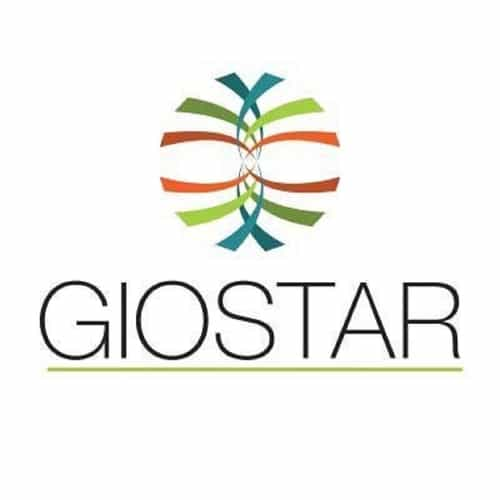

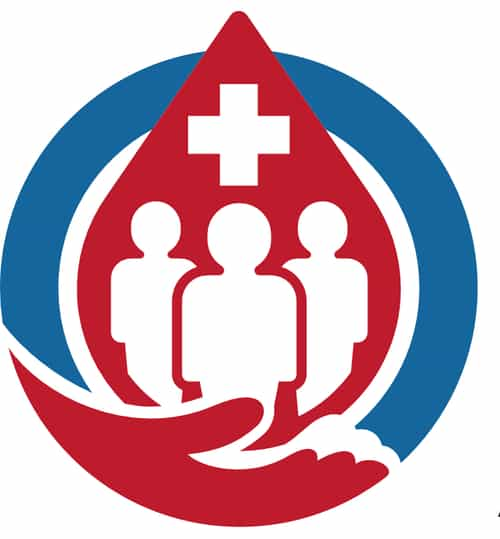

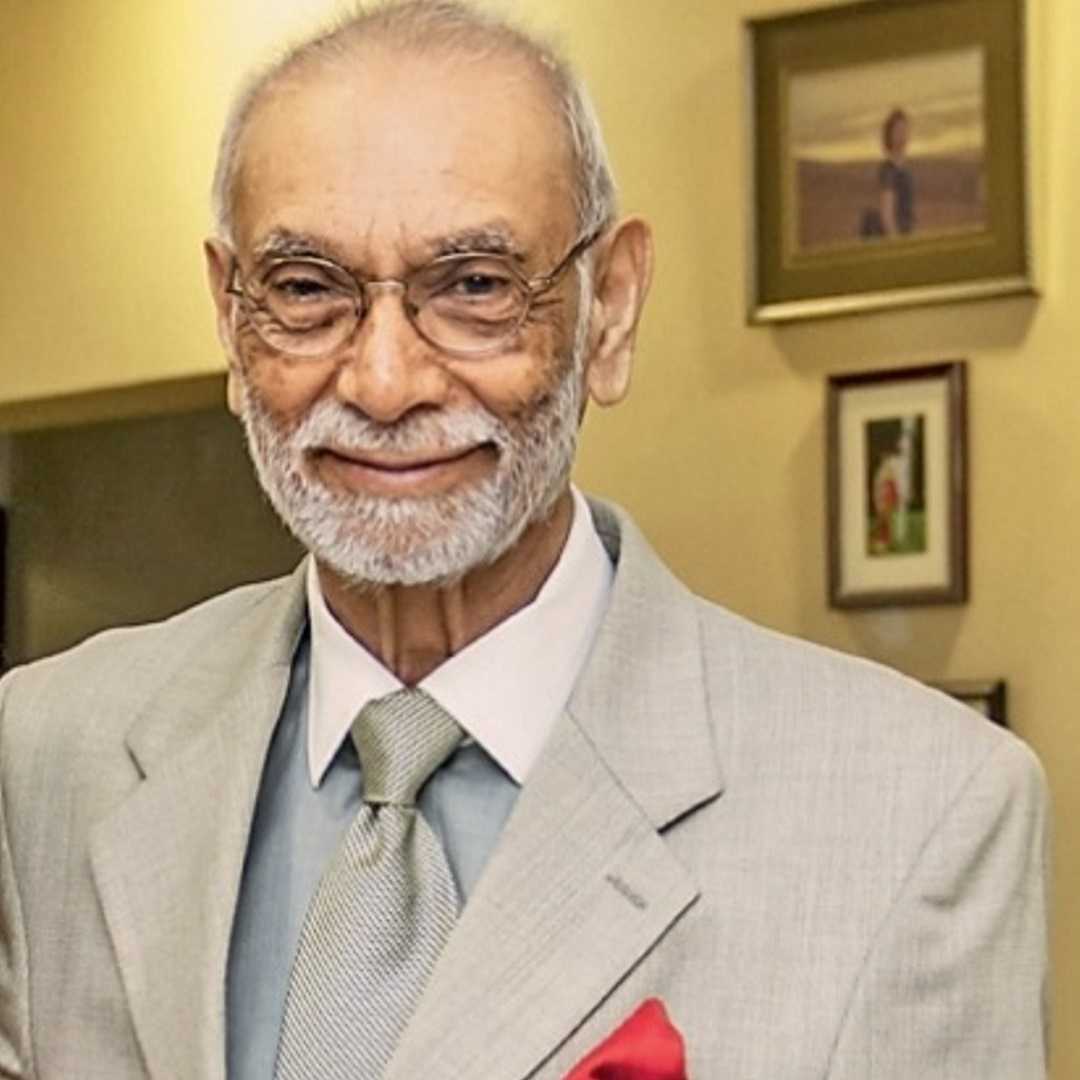
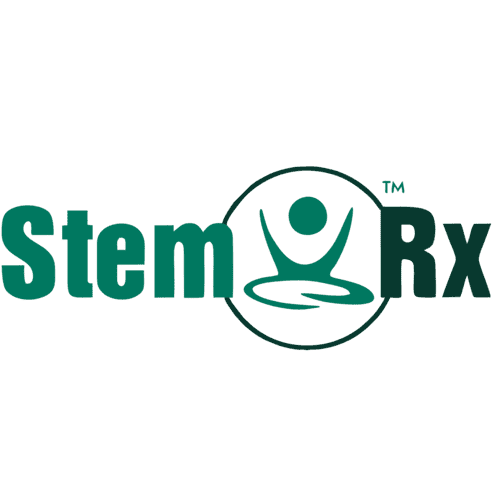
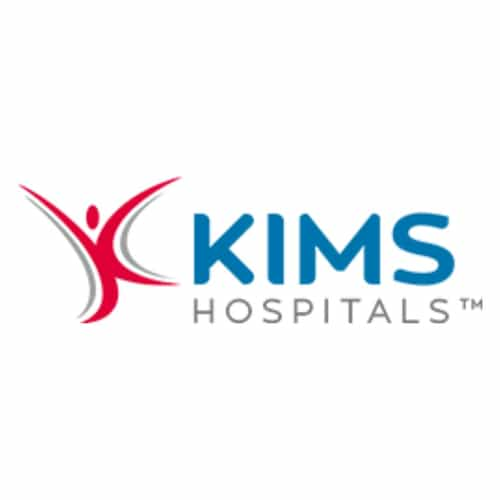

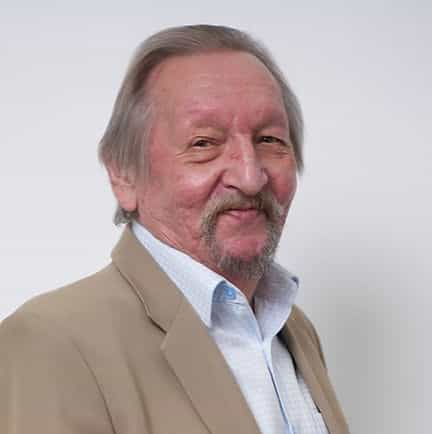
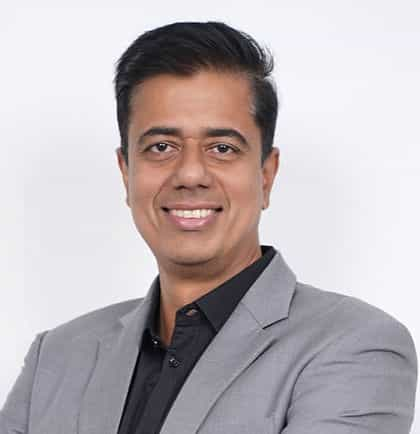
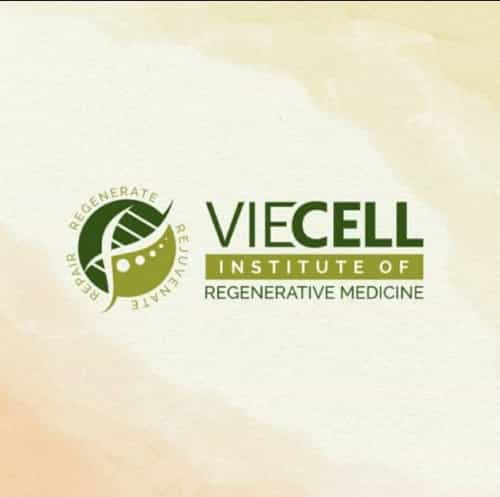
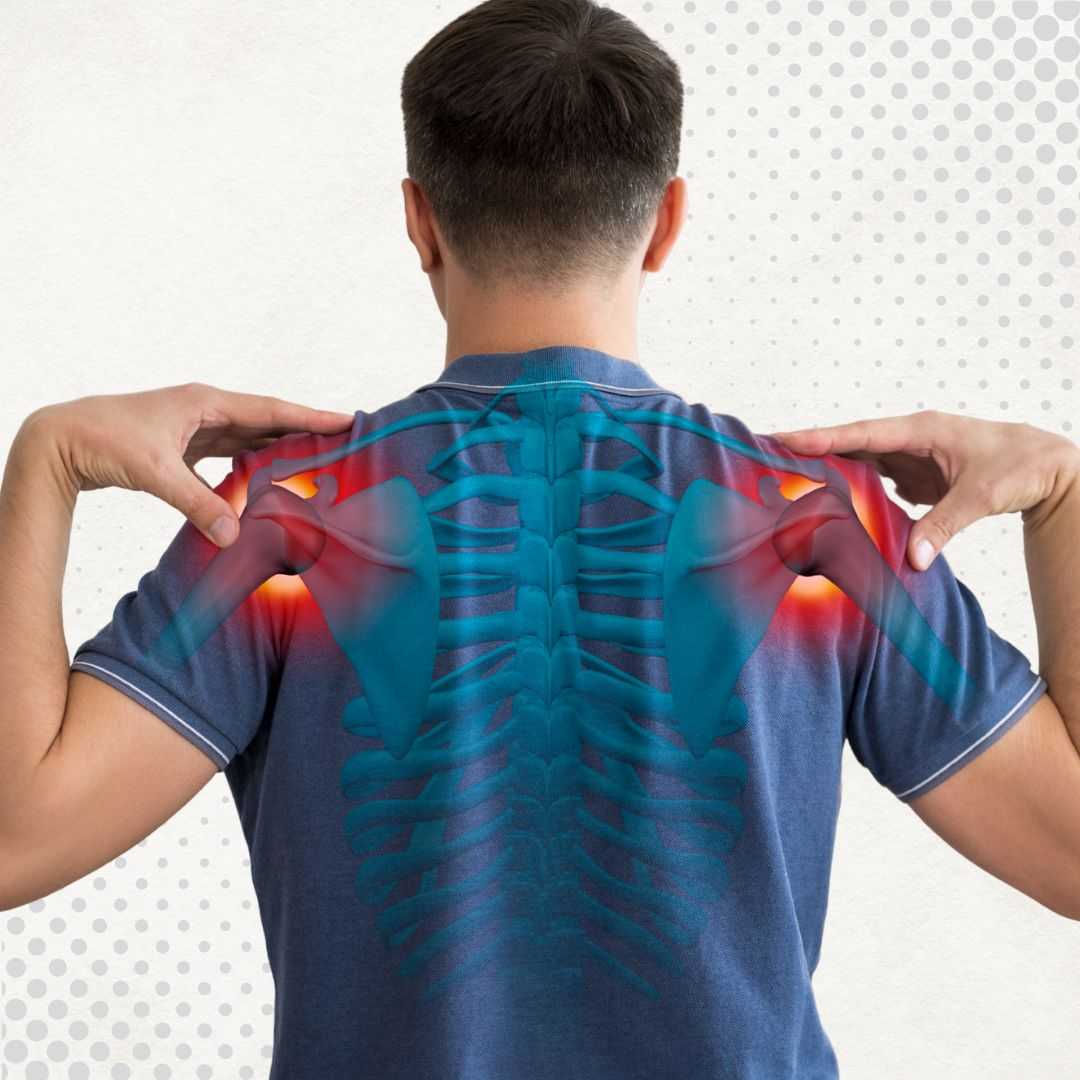



.png)
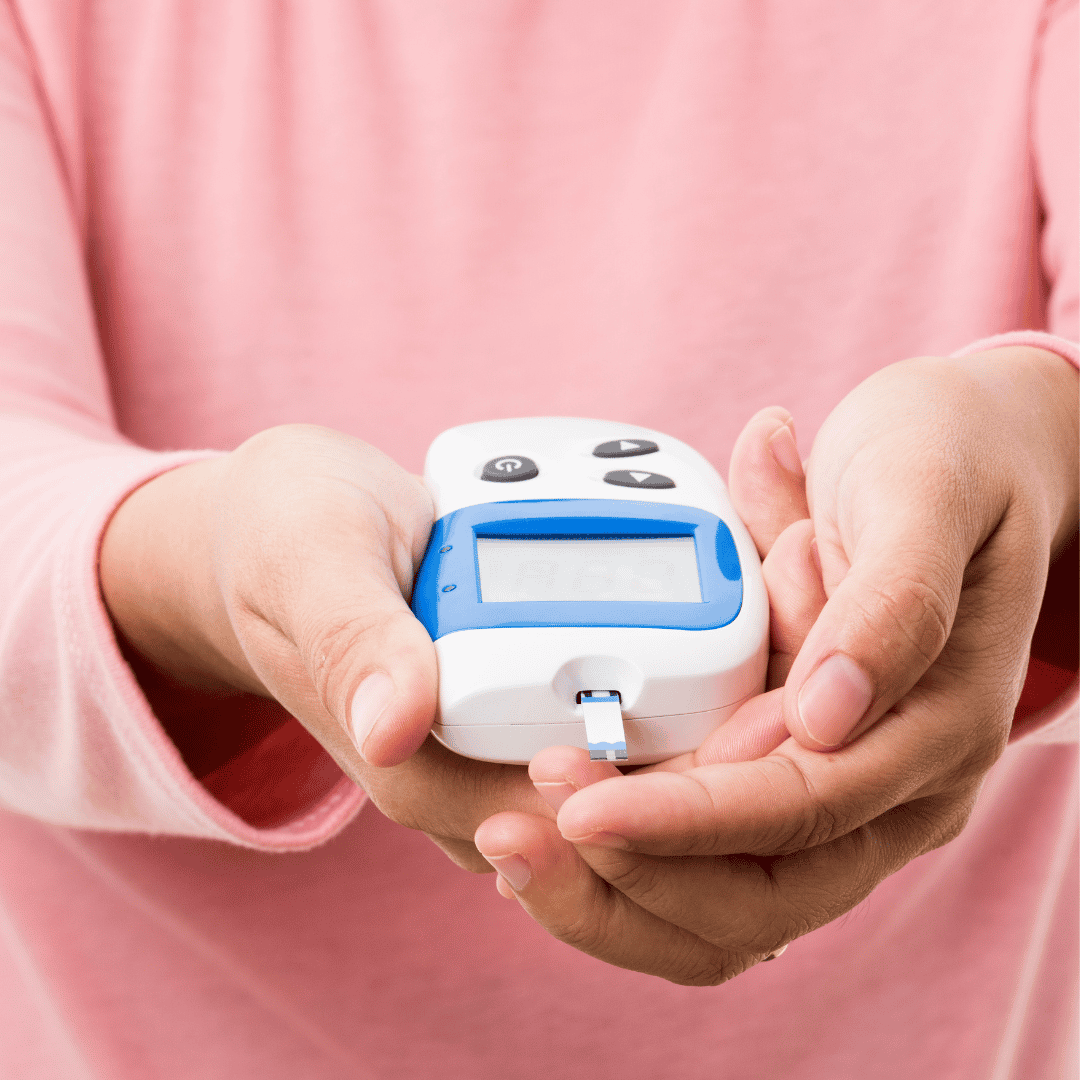
.png)
.png)

Doctor was very clear
Read More